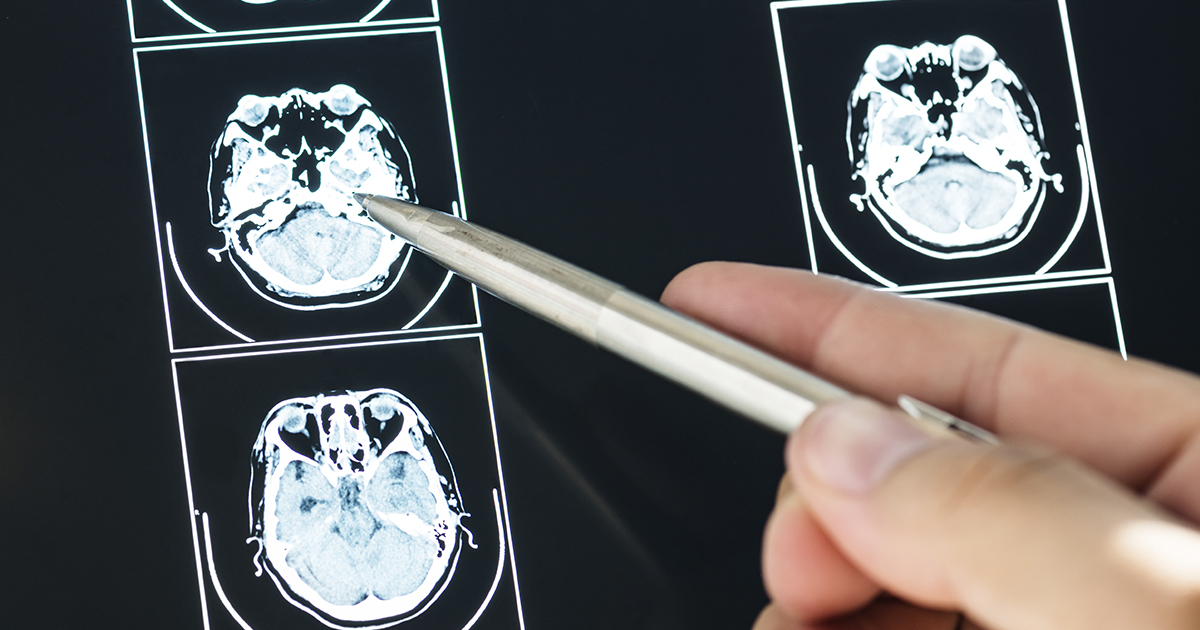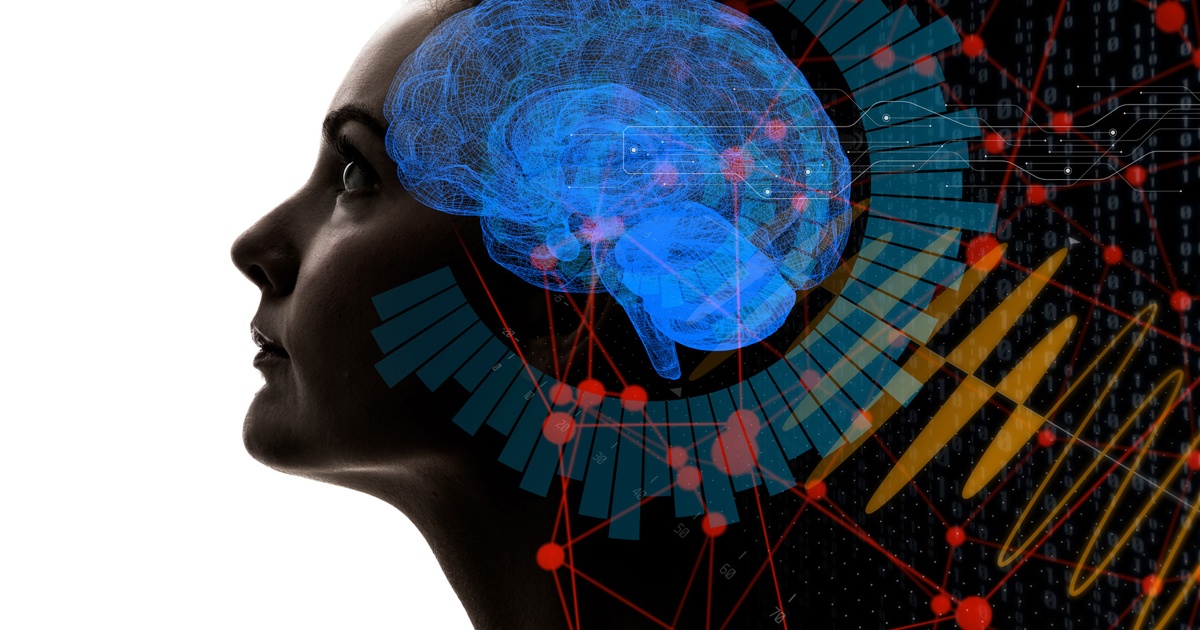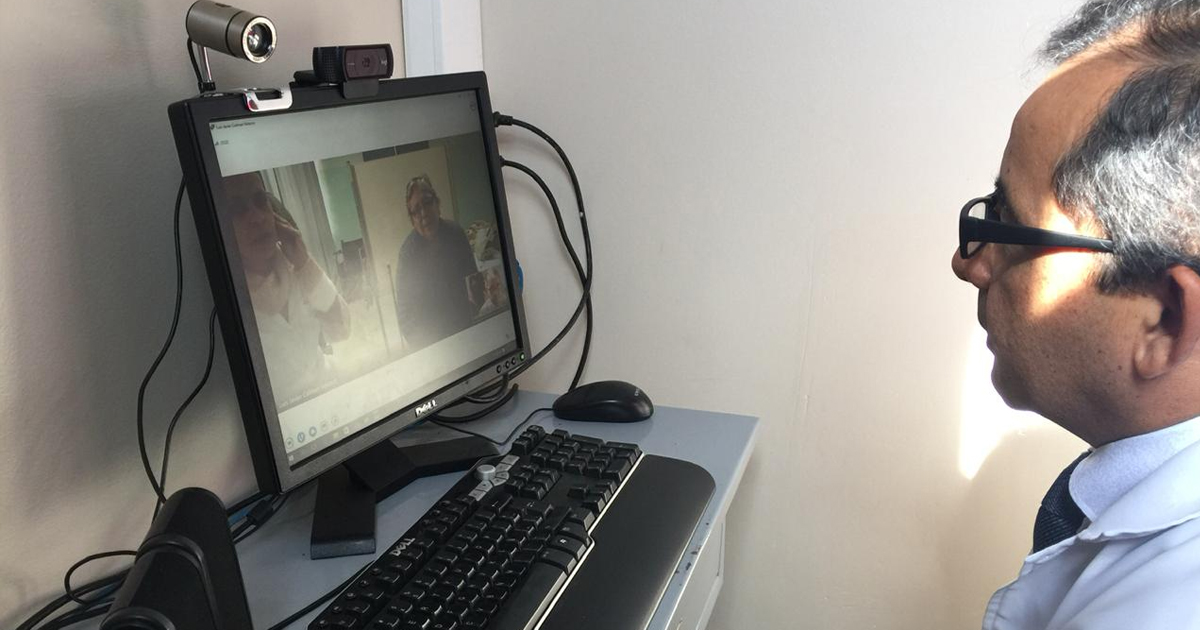Researchers in China have developed a deep learning model that may improve brain tumor classification and diagnosis.
A study published in Jama Network entitled, “Development and validation of a deep learning model for brain tumor diagnosis and classification using magnetic resonance imaging”, shows how this tool can be trained through standard MRI and improve the work of the radiologists.
The initial premise of the research was to find out how deep learning can be used for the classification and diagnosis of brain tumors. The main objective of the study was precisely to develop and clinically validate a learning system that would automatically achieve the automated identification and classification of 18 types of brain tumors based on MRI data from patients.
The diagnostic study was used using MRI data from 37,871, collected between 2000 and 2019. Likewise, the deep learning system for the segmentation of 18 types of intracranial tumors was based on T1 and T2 images weighted by MR.

“The diagnostic accuracy of the system was tested using one internal and three external independent data sets. The clinical value of the system was evaluated by comparing the tumor diagnostic accuracy of neuroradiologists assisted by the proposed system versus those without, using an independent internal test data set. The data was analyzed from March 2019 to February 2020”, the authors explain in the study.
The study findings showed that the model had better results than the neuroradiologists in the classification and identification of tumors, while the neuroradiologists had greater precision when they relied on the deep learning system.
"These findings suggest that automated diagnosis based on a deep learning system may be associated with better classification and diagnosis of intracranial tumors from MRI data among neuroradiologists," the authors conclude.
For more details see the full study at the following link: https://jamanetwork.com/journals/jamanetworkopen/fullarticle/2794975






